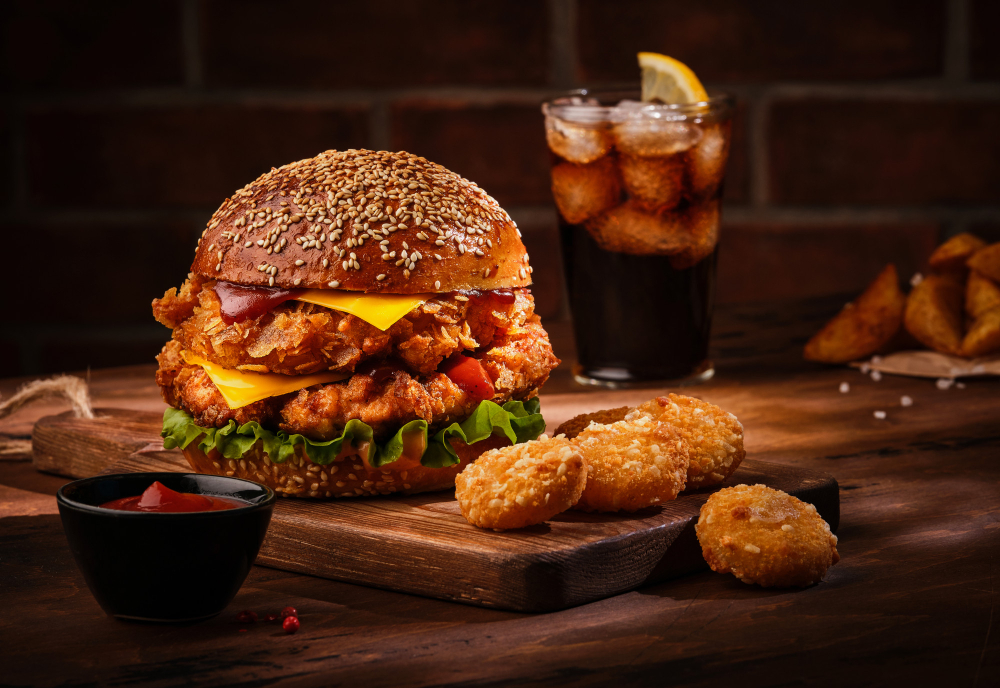If you want to be like McDonald’s, you’ll have to chew on some serious cash. After celebrating the sale of its billionth hamburger in 1963, the chain began posting the total number of hamburgers sold at each U.S. location on the “golden arches.” In the 1990s, after reaching double-digits, it stopped keeping track.

While the chain’s first-quarter profitability report was positive, other recent numbers related to the company are just as staggering. It has widened its advantage over fast-food competitors thanks to its enormous size as the world’s largest restaurant chain and its clever use of digital technology. Think about how last year, the chain’s app was downloaded 127 million times throughout the globe (according to Apptopia). That’s more than the total number of downloads for Uber, PayPal, or Amazon Prime Video, twice as many as the top dating app Tinder, and nearly four times as many as the nearest competition, Starbucks. In the fast food-crazed United States, last year’s downloads were higher than those of the following three competitors.
That’s yielding excellent results. McDonald’s reported $7.5 billion in systemwide digital sales in its six major markets during the first quarter, representing roughly 40% of total sales. Fast food chains like McDonald’s, which rely heavily on franchisees, have historically had to strike a delicate price-quality balance to succeed. McDonald’s has done an excellent job in this regard, despite recent franchise complaints. For some, having more say in local matters requires a change in the law.
They even complain about how bold the advertising is. Some customers were upset that the chain has partnered with celebrities like Cardi B and Offset for promotional purposes. When it comes to the company’s reputation, management probably gets the benefit of the doubt for the time being, even if there is always the risk of tying your reputation to an outsider or any edgy marketing effort. It has recently scored a string of home runs, most notably with its adult-oriented Happy Meals. Last year, it had its most significant weekly digital sales ever during its Cactus Plant Flea Market promotion.
How the chain’s not-very-wealthy core consumer responds to reduced purchasing power due to persistent inflation, increased debt service levels, or a recession is the primary worry for the company over the medium term. Same-store sales in the U.S. and international markets were up 12.6% year over year on Tuesday, above projections. It’s safe to say that a significant decline is detrimental to company profits. McDonald’s stock fell only about half as much as a broad index of U.S. restaurant equities during the severe 2007-2009 downturn, even though its main client was impacted hard. Given its formidable digital advantage, which fosters loyalty and enables value promotions, it will likely be even more protected than its peers the next time.
McDonald’s recent corporate layoffs surprised observers, who speculated that the corporation was preparing for a recession. However, investors have remained optimistic. Premarket trading on Tuesday saw shares of McDonald’s hit an all-time high, valuing the company at over 27 times its expected future earnings. While this still makes them more expensive than the market average over the past decade, it puts them on par with the extensive index of U.S. restaurant companies.
McDonald’s could very well be fully priced depending on the outlook, but it could also be argued that it warrants a premium over its peer group regardless of how one interprets the economic tea leaves.



